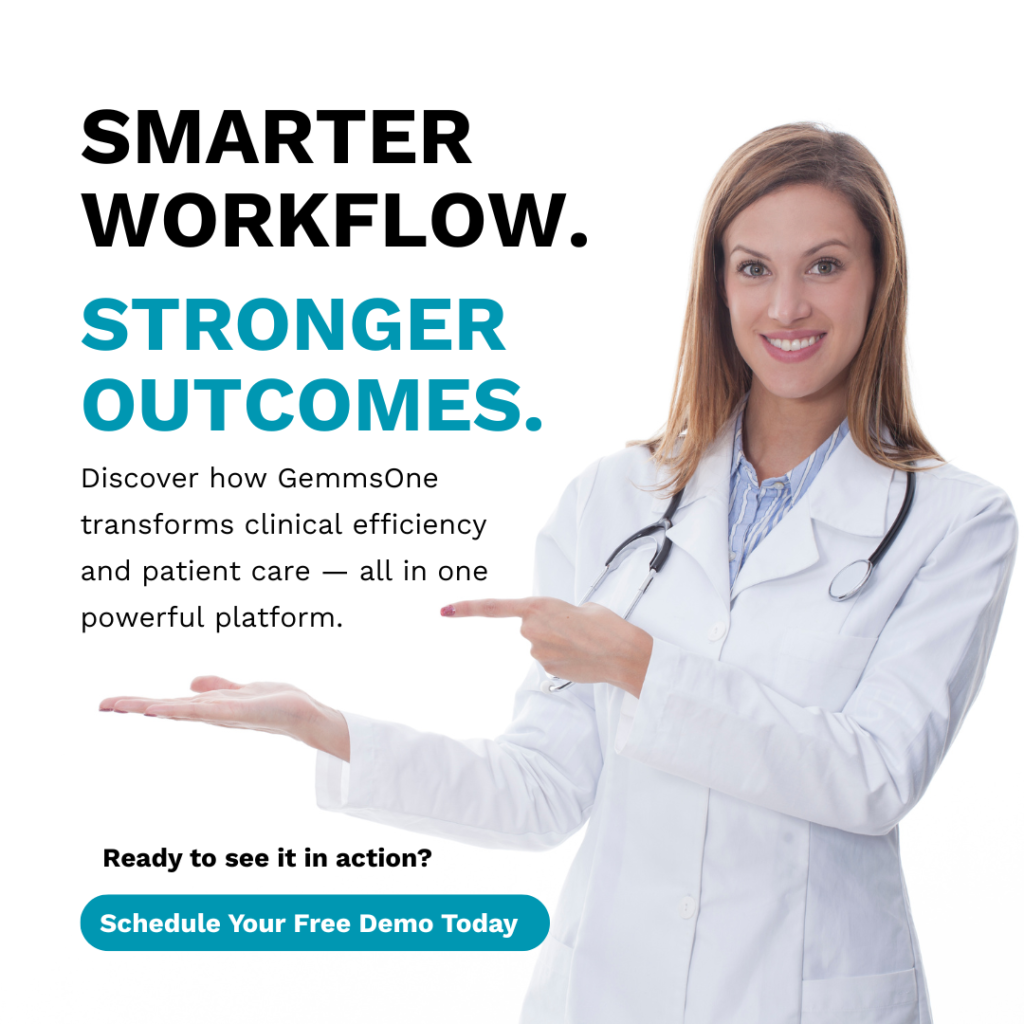An EHR system is more than just a platform to store patient information digitally. It can convert that data into valuable insights, which helps medical practitioners provide better patient care.
Highly rated EHR systems remarkably impact operations, patient care, and profits. They provide an essential workflow structure and can be employed to streamline processes, ensure patients get the best care, and bolster your bottom line.
Choosing an EHR system that meets your practice’s needs is crucial; however, knowing the necessary features can be complicated. To determine the best EHR option for your cardiology clinic, it’s essential to do thorough research and compare various features.
Below, we will examine eight crucial elements that can deliver excellent results.
8 Crucial Features of Cardiology EHR Software
1. Integrative Billing
Medical billing can be an overwhelming and complicated process. It requires fine attention to detail for filing claims, tracking bills, coding, and more. These complexities can create quite a challenge for any clinic.
A billing system can streamline procedures and allow clinicians to focus on their proper duties. Clinics often choose EHRs with integrated clearinghouse solutions, as they provide ready-to-use medical billing assistance.
Clinics can maximize their profits and minimize rejections or denials by being able to submit insurance claims quickly and efficiently. Although they might already have a medical billing system, most clinics still opt for comprehensive solutions that offer a holistic approach. An integrated EHR and medical billing system can be a game-changer for revenue generation. It can help eliminate lost paper superbills and electronically generate and bill insurance carriers. Additionally, it can detect rejected claims, resolve issues, and resubmit them quickly.
2. Cardiology Tailored Workflows
Cardiology-specific EHR software simplifies storing cardiac-patient medical data, enabling cardiologists to provide more comprehensive care and be more attentive to their patient’s needs. Its purpose-built functionality also ensures efficient and accurate management of information. It’s essential for cardiology professionals to have access to a range of diagnostic tests and monitoring functions, which these systems provide. Cardiology solutions have been a godsend for cardiothoracic surgeons and medical personnel, relieving the stress on cardiology departments and providing better patient care. It has an easy-to-navigate interface, allowing physicians to access the required information to treat their patients instantly.
3. Diagnostic Reporting
An exact and timely diagnosis is vital for the success of any treatment plan. With it, treatments can be effective and safe. Therefore, a quick and precise diagnosis is critical to a successful therapeutic outcome.
A well-organized and comprehensive EHR system gives healthcare providers the tools to make optimal clinical decisions.
Timely access to complete health information gives doctors a holistic view of patients’ medical histories and enables them to identify diseases accurately and track any changes over time. With this knowledge, medical professionals can confidently manage even the most multifaceted conditions.
4. Quality Payment Program
U.S. healthcare providers can use the Medicaid Electronic Health Record (EHR) Incentive Programs and Quality Payment Programs (also known as Promoting Interoperability Programs) to earn financial rewards for using certified EHRs, like GEMMS ONE.
These programs are designed to promote healthcare quality and efficiency, which can help improve services in your cardiology practice.
5. Cardiology Applications
Cardiology EHRs offer an efficient, all-in-one solution for cardiology practices, which includes managing referrals and quality measures. This makes tracking these tasks easier, allowing practitioners to devote more energy to improving their services and patient care.
Cardiology-specific EHRs are becoming more cost-effective, providing essential billing, workflow management, and scheduling features.
Furthermore, these customized EHRs offer improved flexibility for doctors, enabling them to build personalized templates according to individual clinical and operational needs. Cardiologists, in particular, need their EHRs to be flexible and effective in all scenarios.
6.Interoperability
Interoperability between EHR systems enhances workflows and eliminates any confusion. This, in turn, facilitates data transmission between EHR systems and all healthcare stakeholders. Interoperability is critical for successful and effective healthcare practice, as it enables data to be accessed by the right people at the right time, ultimately leading to better healthcare delivery.
When systems are interoperable, they can communicate and exchange data using the same language. This makes it easier for care teams to collaborate, allows for better continuity of care, and provides patients with improved access to their medical records.
7. Revenue Cycle Management
The revenue cycle for independent physicians starts when a patient contacts them for an appointment. The beginning steps of the revenue cycle involve scheduling meetings, registering people, verifying their eligibility, and gathering upfront payments. All of these procedures are crucial for successful revenue cycle management.
An EHR system is essential to streamlining your revenue cycle management process. By taking advantage of this technology, you can minimize the manual effort required in payment collection, thus freeing up time to focus on other aspects of your business.
8. Chronic Care Management
Chronic care management programs are designed to reduce symptoms, improve quality of life and prevent hospitalizations for chronic illnesses like diabetes, heart disease, arthritis, and asthma.
Chronic care management allows expert healthcare professionals to help those with chronic conditions take control of their health. Regular check-ups for long-term care patients ensure the best possible care by closely monitoring progress.
With a high-quality EHR system, Chronic Care Management (CCM) billing can be made faster and smoother. We provide convenient physician-made care plans and customizable templates to make patient care planning more straightforward and efficient.
GEMMS ONE Cardiology EHR Software
Healthcare organizations increasingly seek better cardiology-management solutions to meet the growing need for sophisticated medical services and better patient care.
Our EHR can be an invaluable asset to your team, offering users the features and productivity they need for successful care coordination and practice management. Our reports compile charges based on documented activities and post them directly in the EHR to make your monthly billing process a breeze.
GEMMS ONE offers tailored IT services to help you with all your projects. Whether custom building cardiology EHR/EMR in the cloud or optimizing an existing one, we are the reliable software team you can count on.
GEMMS ONE’s state-of-the-art EHR system is tailored to best use upcoming technology advancements. It is designed to help its users stay ahead in their respective fields. If you want to reap the benefits of a comprehensive EHR solution that is highly flexible, robust, and offers seamless integration, then don’t hesitate to get in touch with us to set up a demonstration.


